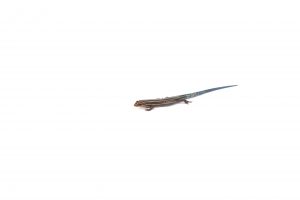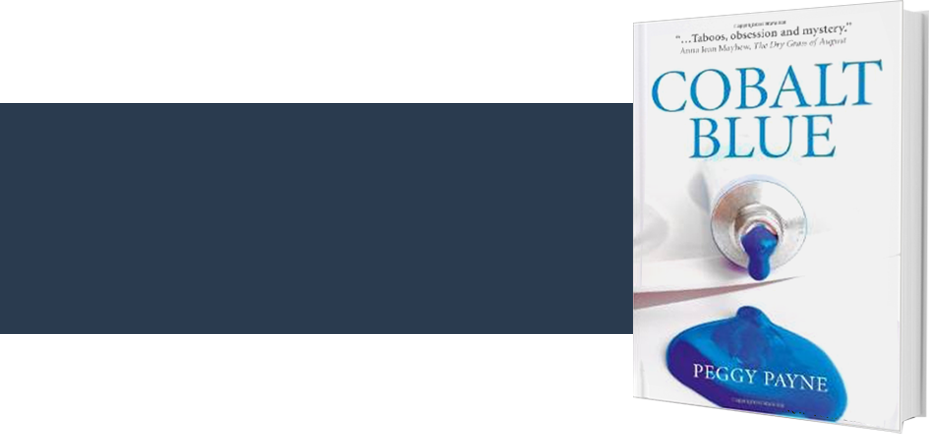The Real Facts About Life: Email to My Therapist
Nicholas, I have trouble believing in two major facts about life: birth and death. The real facts of life, it seems to me, are love, work, and running errands. Plus, being a believer or non-believer. And going to the beach, etc. The idea that people vanish seems utterly implausible to me. The idea that people hatch new people seems preposterous. One individual emerges from the body of another? Obviously fake news.
I have no trouble believing in God, though I’m pretty vague on the details. It’s these supposedly natural events that happen all around me that I can’t quite believe in with much conviction. 
“The Nothingness of Ben”
How can a conscious creature cease to be? The line that has best captured this for me and stuck in my mind for fifty-plus years is from Thomas Wolfe’s Look Homeward Angel:
We can believe in the nothingness of life, we can believe in the nothingness of death and of life after death – but who can believe in the nothingness of Ben?
The idea of a person disappearing–a physical visible human in all their glorious and their annoying particulars–does not seem possible. Each person is too complex, too carefully wrought, too high-impact, to simply go “Poof!” and be gone like a Buddhist sand painting.

Even believing in survival of the spirit, I find that physical death seems impossible, never mind that we’ve all seen it. I think I’d be better able to grasp the truth of it, if I were sure that we each survive as individual spirits, as our familiar selves. But I fear we may all glom together in a spiritual pool and I don’t think I’d like that.
Since I don’t feel a happy certainty about the survival of the individual, I cling to the “somethingness” of Ben, and Bob, and Mom, and you, and all the rest.
On Getting Born
I know a man who learned, at age three, that he was to become a big brother. On his way to “big-brother class,” he grew increasingly unhappy. Finally he explained to his mother, “I don’t want to go back in your stomach.” That’s what he thought the new-baby transaction involved. Pretty scary prospect he was facing. And it’s no harder to believe than the truth.
Maybe if I had children, I’d be able to grasp the truth of birth. But I think that might make it even harder to believe.

So What?
Is it of any importance to have a mind-and-gut understanding of birth and death? Or should one simply “accept” them as true? Blind acceptance is not a favorite of mine. But it might be the only realistic course. Don’t know. Don’t know. It’s all happening and going to keep happening anyway.
There’s nothing in any religion — virgin birth, reincarnation, resurrection, angels with wings –that is any more implausible than the coming and going we see around us.  Anything could be possible really….which is, among other things, exciting.
Anything could be possible really….which is, among other things, exciting.
Ponderingly yours,
Peggy
(I now notice a baby skink walking across my floor, black with blue and yellow stripes, no bigger than a piece of costume jewelry for a lapel. How did he get in here? He sure runs fast.)

.
Categories: Uncategorized
Tags: anything could be possible, being a believer, birth and death, Buddhist sand painting, facts of life, getting born, life after death, Look Homeward Angel, my therapist, nothingness of life, physical death, real facts of life, spiritual pool, survival of he spirit, survival of the individual, the nothingness of Ben, Thomas Wolfe, trouble believing in God



Comments
The skink is enough for today. After my infant son died when I was 18, in 1976, I thought my life was over. I spent the next decades searching for answers, begging for belief, I got tired. I’m a Sothern Baptist missionary kid, not of that people for decades. When my husband was diagnosed with cancer in 2009, there were never questions of why. It just was. He died in May of 2014. Sometimes I go to a kind church, but I don’t believe what is said. Except for the bits about justice and equality in the eyes of the universe. I don’t have to believe what is told me about God. I believe Chis is. I believe Rob is. I believe that skink is grace.
Too much loss, Ann, especially for an 18 year-old. I’m sorry. It sounds as though you’ve arrived at a kind of truce with the way things are. I hope so. I do love the thought of the skink as grace.
You’re struggling with and blogging about with death and life a lot lately, Peggy . I think the uncertainties and gradual goings and gone-ness of important friends and family have weighed heavily on you. i don’t understand it all, and I grieve those gone and the gradual going of the rest of us, including you and myself. I don’t expect or imagine I’ll ever have more knowledge or understanding of these ultimate issues than I have now – ‘tho as I grow old and older, I sure run into those issues lots more than I did when young, and lots more than I’d like to.
If I were a writer I guess I’d be writing about my experience, as you are, but I’m not. And I’ve reached the point where I don’t think it’s possible for me to know or understand death and life any better than I do. And that’s OK with me, ’cause I don’t need to know more than I do, just to live and enjoy while I have life as much as I can, then , in my time unknown and unknowing, to die. About the latter eventuality, no choice, and about the former, I do choose enjoying without trying to understand, just do it, and grieve who and what all are lost along the way.
That does seem like a sort of acceptance, Bob. For me, trying to understand is a satisfying way of enjoying the ride, without an expectation of answers.
The concept that death renders a former something into a nothing does not fit anything in our existence. Thus the necessity of some alternate explanation. Religion is one answer. In my view, Hinduism is the most acceptable thought process. The something transforms into something else. That is not contrary to our life experiences. I’m not endorsing the religion, but saying it’s easier if the something never becomes nothing. I have no problem with the view that only the body ceases to be, but the essence of the person survives. Realistically though, this is a temporary stop gap. Not one person’s essence is viable today if that person were born in the nineteenth century. As for me, I have adopted that great philosopher Stephen Wright’s approach: “I intend to live forever, and so far it’s working.”
I like your logic, Ron. Very persuasive (if I needed persuading, I have some Hindu leanings myself.) I do think we’d both manage in the 19th century, though, or even as cave persons. I think our essence doesn’t change over time.
I am convinced none of us can figure this out at all. But we are equipped with a brain that allows for hugely complex and nuanced reasoning and association. So we are fated to apply this problem-solving and meaning-finding tool we operate by to this birth/death situation that in the final analysis is neither is a problem nor has any meaning outside of ourselves. It feels so crucial and encompassing for us to just exist and keep existing that it MUST have some meaning and some persistence! Despite that being my best guess about this stuff, it doesn’t mean that I think the logic, the religion, the pathos, the drama, the art, the love we apply to this question is worthless. In fact I think the fact that we can generate all that out of the sheer creativity of our minds is the most essential and best part of being human.
Beautifully thought out, Lee. And I almost entirely agree. I find the process of the pondering very satisfying, even knowing I won’t find answers. What I didn’t understand was: birth/death not having meaning outside ourselves. If that’s true, what does have meaning outside of ourselves? Not a rhetorical question; I’m curious.
Glorious and exhilarating! Thank you Peggy!
Wow, that’s a very nice comment, Randee. Thank YOU!